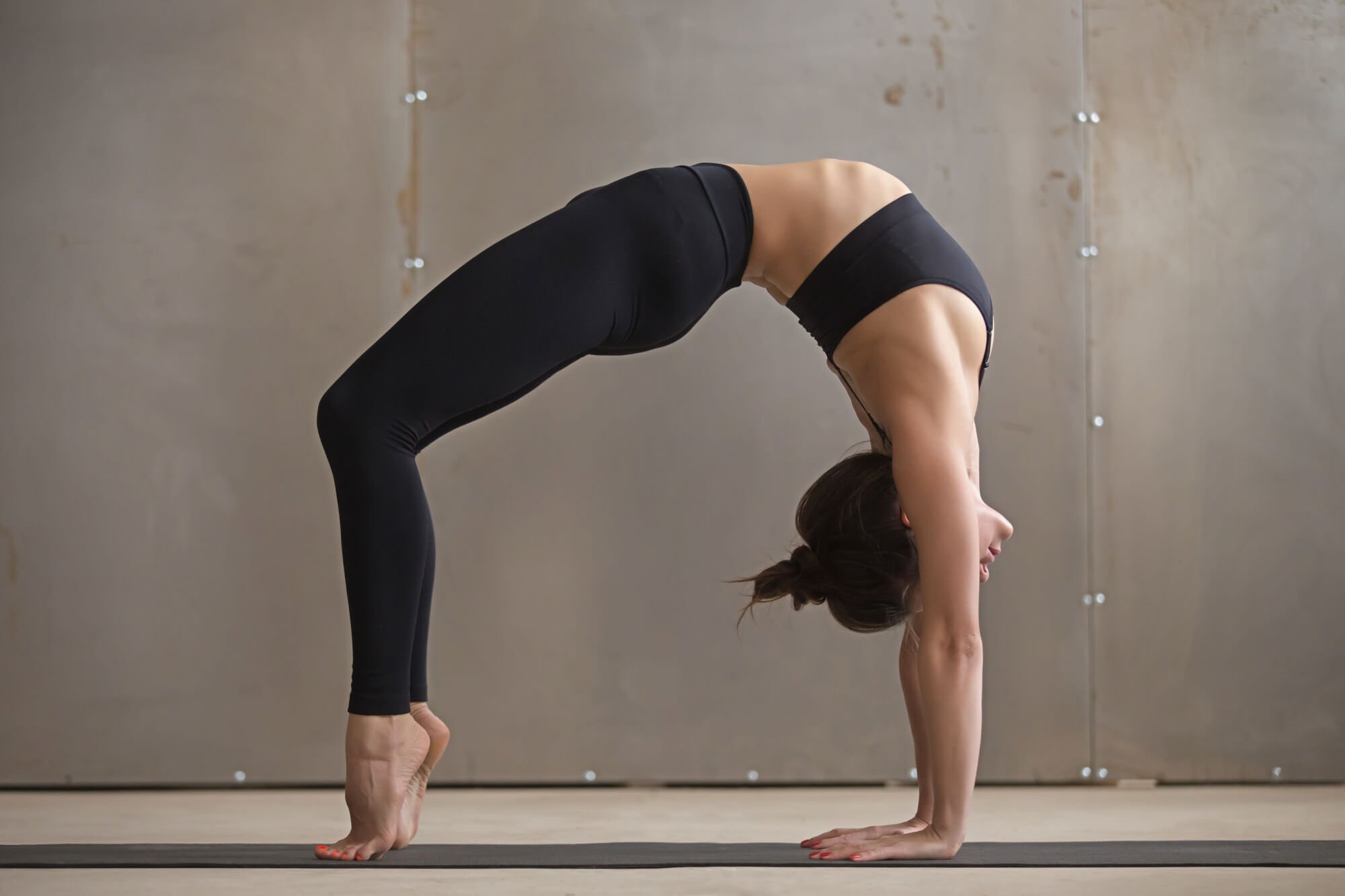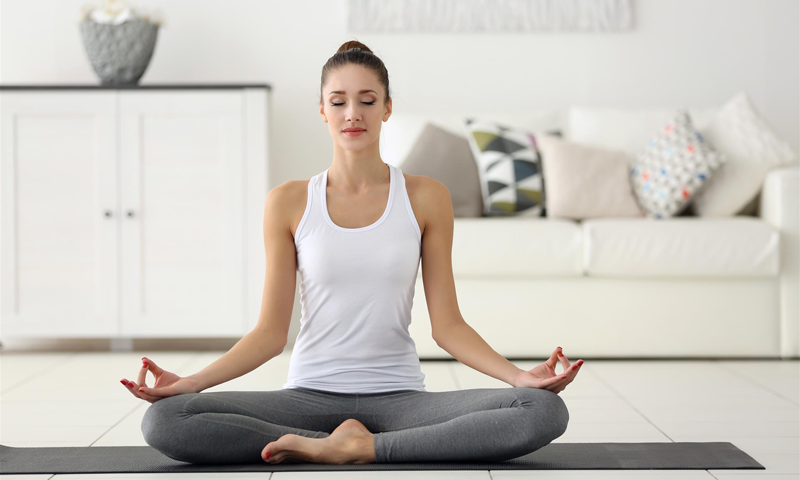Work from your heart, not your brain to create harmony” - BKS Iyengar
Backbends are often referred to as ‘heart opening’ poses and their many benefits are pretty clear. Physically – they stretch the hips, open the shoulders and chest, build strength in the legs, arms and back muscles and can even alleviate back and neck pain. Mentally and emotionally they invite courage and vulnerability, help us to face fears and remain calm in the face of difficult situations.
How many times in yoga class have you been told to open your heart, lift your heart, or draw your heart forward? This is a very common cue indicating students should drop their shoulders away from their ears, lift their chest, and bend through the thoracic spine. Including backbends in your practice encourages an even deeper physical opening of the chest and heart center. They also elongate the spine; release tension and stress from the neck, shoulders, and back; create space for the lungs and deeper breaths; and energize your practice, body, and mind. In addition to backbends, focusing on love and gratitude while practicing will open your emotional heart. Opening the heart teaches us to be humble, vulnerable, and lead with our hearts in both practice and life.
Explore the following yoga practices to open your heart, cultivate gratitude and bring more love into your life:
Set up your practice space
Use colors, stones, and essential oils related to the heart chakra in your yoga practice space and on your body. The heart chakra is located in the physical heart and governs love, kindness and compassion. It’s represented by the colors green and pink, the stones rose quartz and watermelon tourmaline, and essential oils of rose and jasmine.
Body Scan
Begin your yoga or meditation practice with a body scan. Sit in a comfortable seated position and check in with your posture. Is your chest collapsed or lifted? If your chest is collapsed, you are physically protecting your heart. Lift the chest and open the shoulders to bring the heart to the front. Then rest one or both hands on the heart. Leave them there for a few deep breaths. Note how this feels.
Breathe into the heart
Focus your breath work on your heart. Imagine you are breathing from the heart and into the heart. Feel the chest rise and fall with your breath. Again take note of any feelings that arise.
Mudras
A mudra is a gesture or seal that channels our life force. Incorporate mudras into your practice to energize the heart. To practice Anjali mudra, bring the palms together at the heart and press the thumbs into the sternum. Use Anjali mudra at the beginning of practice while seated and in Mountain pose (Tadasana). As you grow comfortable with the mudra, use it with different poses throughout your practice.
Mantras
Use a mantra during your practice. The mantra for the heart chakra is “yam” pronounced similar to “young” or in English, “I love.” If using “I love,” think “I” as you inhale and “love” as you exhale.
Bring gratitude into your practice
Lasting, loving relationships are significantly influenced by expressions of gratitude. According to a study published in 2014, gratitude is what holds two people together. The study reported that after expressions of gratitude, participants reported feeling more loving. Gratitude also increases feelings of happiness and well-being. Practice gratitude on the mat to get comfortable expressing thanks to your loved ones. Think of three things you are grateful for at the start or end of your yoga practice.
Asana
When practicing heart opening backbends, it is important to maintain balance by using counterposes. After any deep back-bending yoga pose, neutralize the spine with a simple twist and then counter with a forward folding pose. Backbends energize and physically open, expand, and lift the heart. Forward folds give your heart a chance to recharge and rest. Begin with gentle backbends such as Dog Tilt pose (Svanasana), Cobra pose (Bhujangasana), or Bridge pose (Setu Bandhasana). For a deeper backbend try Camel pose (Ustrasana) or Upward Bow pose (Urdhva Dhanurasana). These backbends bring the heart above the head. This is a physical representation of following or leading with your heart. For more specific asana recommendations, try this heart-centered sequence.
Heart Meditation
Close your practice with a heart-centered meditation. This can be as simple as breathing into the heart and using the mantra “I love” as mentioned earlier. You may also incorporate a mudra here, such as Anjali mudra.
Take any or all of these recommendations and mix them into your daily practice. As you move from your mat and through your day, come back to your intention of love and gratitude.




